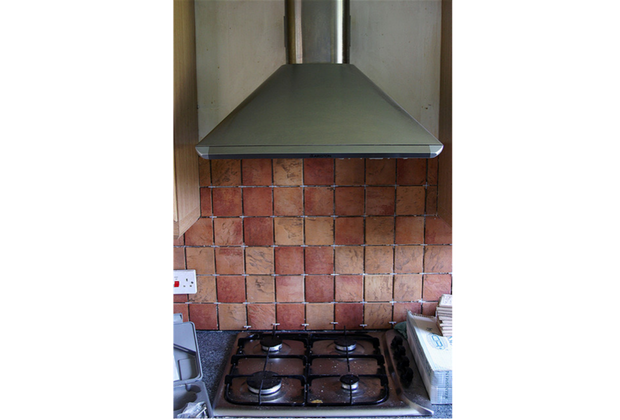Food Business Guide: How Often Should You Inspect Your Kitchen Extractor System?

When you own a commercial kitchen, one of the most important things you have to do is develop and maintain standards for maintenance, inspection, and cleaning of your kitchen equipment. Having fully functioning equipment is essential to get the job done and ensure your business thrives. Having certain protocols in place to deal with owning a restaurant is the best way to make sure everything is in working order and there are no damages.
The Ventilation System
Your restaurant ventilation system is important for several reasons. Its primary function is to remove cooking smells and any grease vapours coming off the equipment. It does this by sucking them up into the ventilation system via the hood. The air is then taken out and is replaced with fresh air. Ensuring you have a good system in place ensures your kitchen remains fresh and hygienic. It will help prevent odours getting into your dining area. A good system will also help keep the air in the kitchen getting saturated with grease and will lower the risk of fire.
However, having a ventilation system comes with its challenges. You do need to do some work to ensure it is in working order and continue to protect your kitchen from fires. One of the best ways to do this is to have a professional clean and inspect your kitchen extractor regularly. You may want to consider commercial kitchen ventilation repair and installation by Fan Services Ltd based in London.
How Often Should You Have Your Commercial Kitchen Extractor Inspected and Cleaned?
The majority of restaurant fires originates from cooking appliances and then spread into your exhaust system. If your extractor and exhaust is full of grease, that is a fire waiting to happen.
Not only is having your kitchen extractor and exhaust system regularly cleaned and inspected for damage a necessity, it is also required by law. The recommended frequency is:
- Monthly for ventilation systems that serve solid fuel cooking activities
- Quarterly for systems that serve higher volume cooking operations, such as wok cooking, charbroiling, and 24-hour cooking
- Twice a year for systems that serve moderate volume cooking activities
- Yearly for systems that are used for low volume cooking operations, such as senior centres, day camps, churches, or seasonal businesses.
A thorough inspection should always include an examination of the entire commercial kitchen ventilation system. A professional will check for grease build-up, damages, and perform other necessary checks.
If regular cleaning and inspections are not done, oily deposits, fats, and other particles can build up in the extractor system. This in turn reduces air flow efficiency and produces a hot, greasy environment where bacteria and bugs will breed.
What’s more, failure to undertake regular cleaning and inspections of your extractor system can invalidate your building insurance cover. There have been many cases where insurers have refused to pay out costly claims following a fire where the insured failed to comply with the necessary warranties on the insurance policies, particularly regarding regular maintenance of the extractor system.

